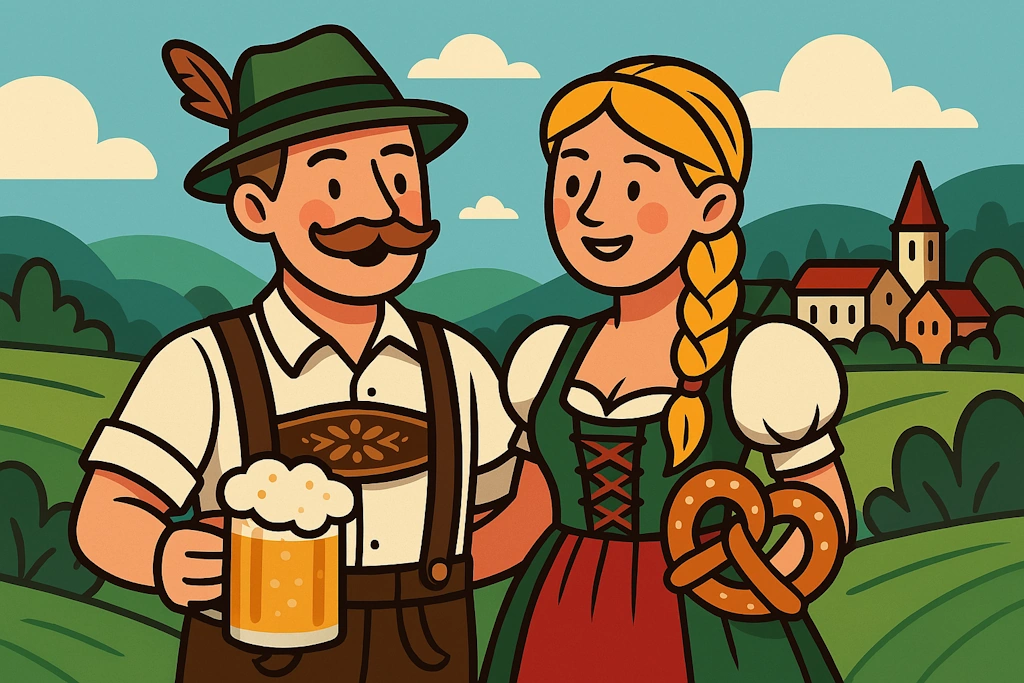🇩🇪German Names(Existing Male)
Generate authentic German names ranging from traditional Germanic heritage to modern contemporary choices.
Choose your style:

German Names
Generate authentic German names ranging from traditional Germanic heritage to modern contemporary choices.
Example German Names
Get inspired by these sample results
- Wolfgang Amadeus Mozart
- Friedrich Wilhelm
- Hans Schmidt
- Karl Weber
- Anna-Marie Fischer
- Elisabeth Müller
- Heinrich Wagner
- Margarethe Koch


